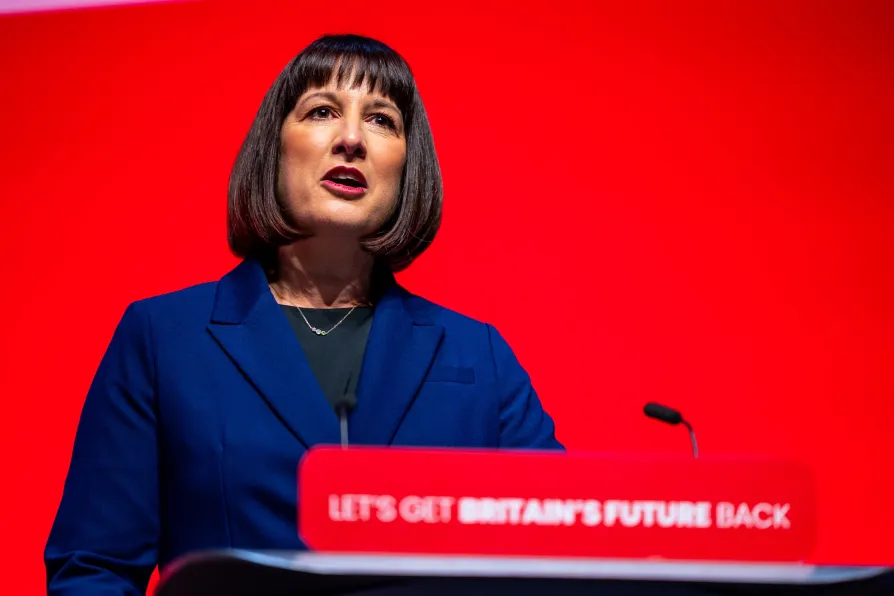Reeves doesn't offer enough change, campaigners say

 Labour's shadow chancellor Rachel Reeves speaks at the Labour Party conference in Liverpool, October 9, 2023
[Neil Terry / neilterryphotography.co.uk]
Labour's shadow chancellor Rachel Reeves speaks at the Labour Party conference in Liverpool, October 9, 2023
[Neil Terry / neilterryphotography.co.uk]
NOT enough change is on offer from shadow chancellor Rachel Reeves, campaigners said today following her Labour conference speech.
Speaking after Labour leader Keir Starmer told top bosses that “if we do come into government, you will be coming into government with us,” Ms Reeves made it clear the party would stick with Treasury orthodoxies.
A Momentum spokesman said today “this was a disappointing speech” clinging to outdated views “that the wealthiest can pay no more, that we cannot have the investment the country is crying out for, that key public services should remain in private hands.














